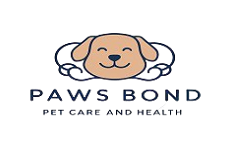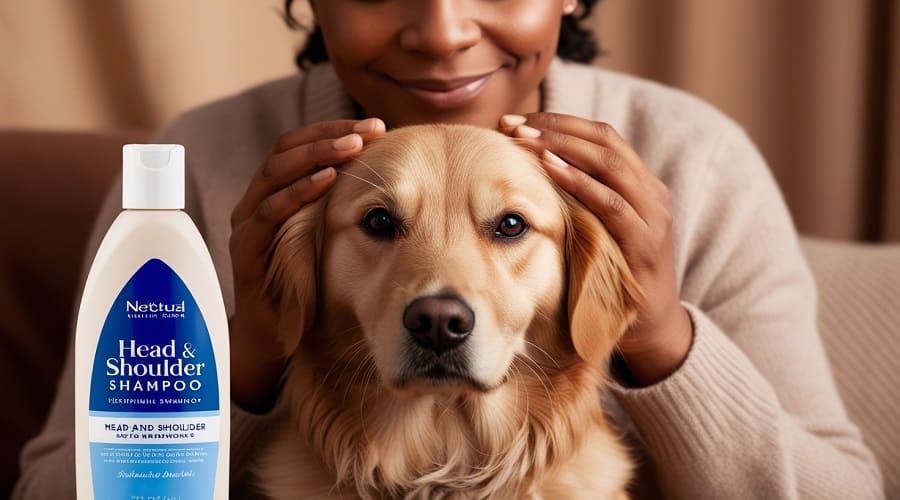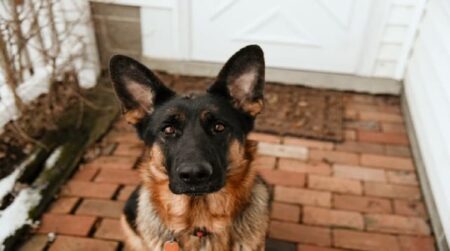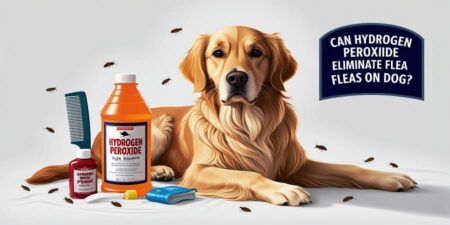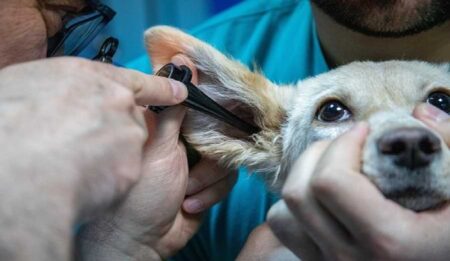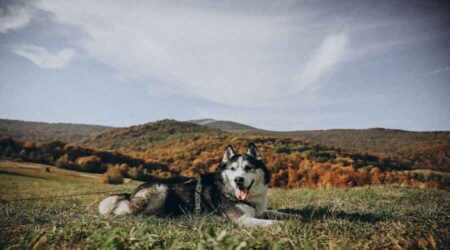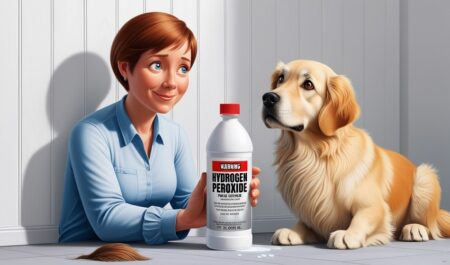The pros and downsides of giving dogs Head & Shoulders shampoo need to be carefully considered before introducing the idea. Although Head & Shoulders is a well-liked human anti-dandruff shampoo, pet owners and vets disagree on whether it is appropriate to use on dogs. While some support its usage as a possible treatment for specific dog skin diseases, others voice concerns regarding its contents and its negative effects. This introduction will cover the various viewpoints on Head and Shoulders for dogs, including the risks involved in using a product intended for human use on a canine companion and its possible efficacy in treating skin conditions like dermatitis and dandruff. In the end, being aware of the factors
Is it Safe to Use Human Shampoo on Dogs?
Owing to variations in skin sensitivity and pH levels, using human shampoo on dogs has certain dangers. Despite the seeming convenience, canine skin needs cosmetics made especially for them. Dogs’ skin can become irritated by harsh chemicals or smells found in human shampoos, which can cause dryness, irritation, or allergic responses. Putting your pet’s health and wellbeing first means using grooming products designed specifically for dogs, as advised by veterinarians. These products are made to preserve the skin-coat’s natural equilibrium, making washing your dog safe and efficient.”
Main Points to Remember
Dogs’ skin is more sensitive than human skin, thus human shampoo might not be safe for them.
In order to minimize irritation or allergic reactions, products made specifically for canine skin are required.
Dogs may have dryness, itching, or other skin problems as a result of harsh chemicals or odors in human shampoo.
Put your pet’s health first by using grooming products made specifically for dogs that are endorsed by vets.
Dog-specific grooming products ensure a secure and efficient washing experience by preserving the skin and coat’s natural balance.
Can Head and Shoulders be Used on Dogs?
It is not advised to use Head and Shoulders on pets without first visiting a veterinarian. The composition is meant for human scalps, yet some pet owners may think about using it to address skin conditions like dandruff. Dogs may respond adversely to the chemicals in Head and Shoulders due to their varying skin pH levels and sensitivity. Additionally, there’s a chance that overdrying or irritating the skin could cause discomfort or worsen existing skin issues. It is imperative that you put your dog’s health first by utilizing products made especially for canine skin care and consulting a professional.”
How to Bathe a Dog with Head & Shoulders
Preparation:
Assemble all the bathing goods, such as towels, Head & Shoulders shampoo, and a non-slip platform.
Dilution:
Follow the directions on the bottle to dilute the Head & Shoulders shampoo with water. This helps guarantee that it won’t be too strong for the skin of your dog.
Wetting:
Apply lukewarm water to your dog’s coat thoroughly, being sure to moisten every area.
Application:
Starting from the neck and working your way down to the tail, apply the diluted Head & Shoulders shampoo to your dog’s coat. Take care not to get shampoo in your dog’s ears or eyes.
Massaging:
Gently work the shampoo into your dog’s fur, paying particular attention to any irritated or dandruff-prone areas.
Rinsing:
Make sure all shampoo residue is gone from your dog by giving him a thorough rinse in lukewarm water. Make sure that no residue remains.
Drying:
Pat your dog dry gently with a fresh towel. Refrain from rubbing too hard as this may irritate the skin.
Post-Bath Care:
Give your dog praise and rewards for helping out throughout the bath. In the hours that follow, keep an eye out for any indications of skin irritation or unfavorable responses.
When using Head & Shoulders or any other human shampoo on your dog, don’t forget to speak with your veterinarian first. They can offer advice tailored to your pet’s needs and guarantee their safety while being bathed.
Reasons for Dandruff in Dogs
Dry Skin: Like people, dogs can get dry skin from things like low humidity, cold temperatures, or frequent washing with harsh shampoos.
Dietary Imbalance: Dogs that have dry, flaky skin due to inadequate nutrition or a diet deficient in critical fatty acids may develop dandruff.
Allergies: Dog allergies can cause skin irritation and dandruff. These allergies can be caused by pollen, dust mites, or certain substances in their food.
Parasites: Dandruff can occur as a secondary sign of skin irritation caused by parasite infestations, such as fleas or mites.
Underlying Health Conditions: Dandruff in dogs can be caused by a number of medical disorders, including autoimmune diseases, fungal infections, seborrhea, and hormone abnormalities.
Over-bathing: Dryness and dandruff can result from depleting the skin of its natural oils through frequent bathing or the use of harsh, drying shampoos.
Environmental Factors: Dogs who are exposed to severe weather, such as intense heat or cold, may experience increased skin dryness and the development of dandruff.
Choosing the Right Dandruff Shampoo
Veterinary Recommendation: Speak with your veterinarian to find out the root cause of your dog’s dandruff and to get personalized advice on the best dandruff shampoos.
pH-Balanced Formulation: To prevent irritation or dryness, use a dandruff shampoo made especially for dogs, ensuring that the pH level is compatible with their skin.
Active Ingredients: To reduce dandruff and soothe inflamed skin, look for shampoos that have ingredients like oatmeal, aloe Vera, or tea tree oil, which are known for their calming and hydrating qualities.
Avoid Harsh Chemicals: Select shampoos devoid of harsh chemicals, artificial additives, or perfumes as these ingredients might aggravate dandruff or irritate delicate skin even more.
Antifungal or Antibacterial Properties: Consider using a shampoo with antifungal or antibacterial ingredients to help treat the underlying problem if your dog’s dandruff is brought on by a bacterial or fungal illness.
Natural Ingredients: To nourish and soothe your dog’s skin, look for dandruff shampoos that have natural ingredients like coconut oil or neem oil, which are known for their antibacterial and moisturizing qualities.
Hypoallergenic Options: Select hypoallergenic dandruff shampoos for dogs with sensitive skin or allergies in order to reduce the possibility of negative responses.
Regular Use: To effectively control your dog’s dandruff while preserving skin health, according to the manufacturer’s and your veterinarian’s directions about the frequency of bathing and the duration of use.
Grooming and Bathing Techniques for Dogs
Brushing:
Frequent brushing promotes healthy skin and coat by removing loose fur, debris, and dander. To avoid matting and knots, give your dog the right kind of brush.
Trimming:
Regular nail trimming will help your dog avoid overgrowth, which can cause pain and make walking uncomfortable. To keep things clean and avoid irritation, cut any extra hair from the area around the eyes, ears, and paws.
Bathing Frequency:
Depending on your dog’s breed, activity level, and skin type, give them a bath as necessary. Steer clear of over bathing, as this can deplete the skin’s natural oils and cause dryness.
Choosing the Right Shampoo:
Choose a mild shampoo designed specifically for dogs based on your pet’s skin type and any particular requirements, including sensitive skin or dandruff treatment.
Preparation:
Brush your dog’s coat to get rid of any tangles or knots before giving them a wash. To avoid slips and mishaps, use a non-slip mat in the bathtub or under the sink.
Water Temperature:
To ensure your dog is comfortable, give them a bath in lukewarm water. To prevent scorching or freezing your pet, use your wrist to check the water’s temperature.
Lathering and Rinsing:
Wet your dog’s coat completely, then apply shampoo and massage it into the fur, being careful not to get in the eyes or ears. Rinse well to get rid of all shampoo residue, as it might irritate skin.
Drying:
Dry your dog off as much as you can using a fresh towel, sucking up as much moisture as you can. Strong rubbing might tangle the coat and cause skin irritation, so refrain from doing so. If required, use a hairdryer set to a low heat and keep it far enough away from your dog’s skin to avoid burns.
Post-Bath Care:
Give your dog rewards and compliments for his or her exemplary conduct during the bath. To avoid infections, make sure their paws and ears are completely dry after checking for excessive wetness. To encourage shine and get rid of any last tangles, give their coat another brush.
Professional Grooming:
For specialist treatments like haircuts, nail trims, and ear cleaning, think about taking your dog to a professional groomer, particularly for breeds with particular grooming requirements.
Is it Safe to Use My Shampoo on My Dog?
There are a few reasons why using your shampoo on your dog might not be safe. Shampoos for humans are made with components and pH levels intended for human skin, which might be very different from dog skin. Dogs’ skin is naturally more alkaline than that of people, therefore using human shampoo might upset this balance and cause dryness, inflammation, or other skin problems. Furthermore, strong chemicals, perfumes, or additives found in human shampoos may be too harsh for a dog’s sensitive skin, leading to allergic reactions or further discomfort. It’s recommended to use shampoos made especially for dogs to maintain the health of your dog’s skin and coat, which have components appropriate for their skin type and are pH-balanced. You may choose the best shampoo for your dog’s specific needs and ensure their safety when giving them a bath by speaking with your veterinarian.
The Risks Associated with Using Human Shampoo on Dogs
Dog owners should be aware of the various risks associated with using human shampoo on their pets. Since human skin is very different from dog skin, human shampoos are made with chemicals and pH levels specifically for human skin. Since the pH of a dog’s skin is more alkaline than that of a human, using human shampoo can upset the skin’s natural equilibrium and cause irritation, dryness, or other problems. Furthermore, strong chemicals, perfumes, or additives found in human shampoos may be too harsh for a dog’s sensitive skin, leading to allergic reactions or further discomfort. Furthermore, if consumed or absorbed via the skin, several elements in human shampoo—such as specific perfumes or preservatives—may be hazardous to dogs. Using shampoos designed especially for dogs is essential to ensuring their safety and wellbeing. These products are pH-balanced and contain components that are appropriate for your pet’s skin type. Seeking advice from a veterinarian will help you select the best shampoo for your dog and steer clear of any hazards that can arise from using human shampoo.
Frequently Asked Questions
Is it safe to use Head and Shoulders shampoo on dogs?
Although some dog owners might think about using Head & Shoulders shampoo to treat skin conditions like dandruff, it’s crucial to use caution. Although Head and Shoulders is designed for human scalps, it might contain substances that cause skin irritation or negative responses in dogs. It is advised to speak with a veterinarian before giving dogs any human shampoo, including Head and Shoulders.
What are the potential risks of using Head and Shoulders on dogs?
Head & Shoulders and other human shampoos could include harsh chemicals, scents, or additions that are too strong for a dog’s delicate skin. Dogs who use these products may experience allergic reactions, dry skin, or skin irritation. Furthermore, some of the components in human shampoos might be poisonous to dogs if they eat them or absorb them through their skin.
Are there alternatives to Head and Shoulders for treating dandruff in dogs?
Indeed, there are dandruff shampoos made especially for dogs that are designed to treat dog skin problems without carrying the same hazards as human shampoos. These shampoos have components that are appropriate for a dog’s skin type and are pH-balanced. Getting advice from a veterinarian will help you decide which treatments are best for your dog’s dandruff.
What steps should I take if my dog has dandruff?
It’s critical to take action to treat the underlying cause of your dog’s dandruff and enhance the health of their skin. Seeking an appropriate diagnosis and treatment plan from a veterinarian is the first step. Depending on the underlying cause of the dandruff, your veterinarian may suggest a particular dog-formulated shampoo, dietary changes, or other interventions. Dandruff can also be gradually reduced by giving your dog a healthy diet and making sure their coat is well-groomed.
Conclusion
Although some dog owners might think of using Head and Shoulders shampoo to treat skin conditions like dandruff, it’s important to proceed cautiously. Human shampoos, such as Head and Shoulders, may contain substances that irritate a dog’s skin or cause negative reactions because they are designed for human scalps. It is crucial to see a veterinarian before beginning therapy for dogs because to the possible hazards involved, which include skin irritation, dryness, or allergic responses. There are dandruff shampoos made especially for dogs that are designed to treat dog skin problems without posing any hazards similar to those of human shampoos. Speaking with a veterinarian will help you decide which treatments are ideal for your dog’s dandruff while also ensuring the health of their skin and general wellbeing.
